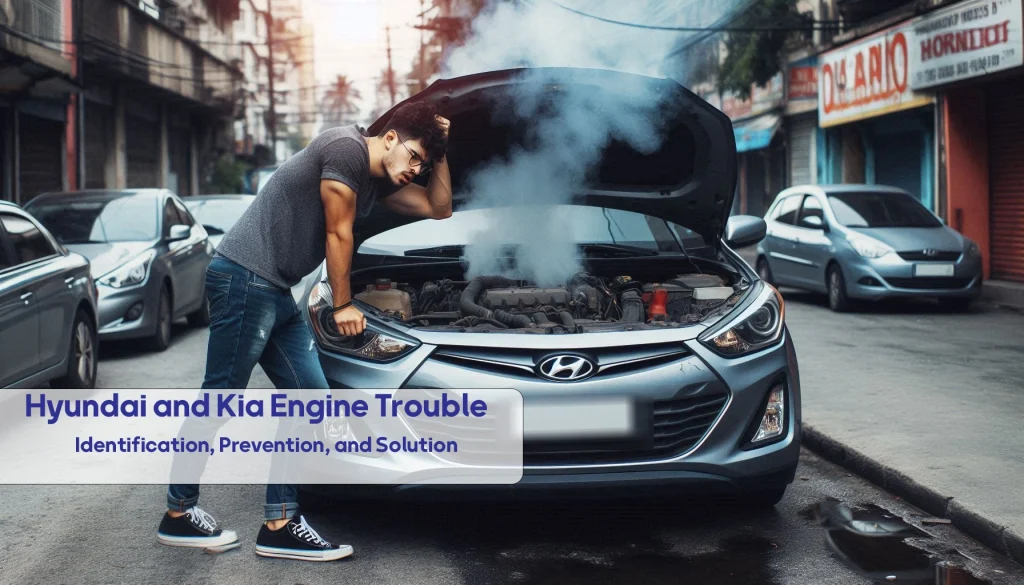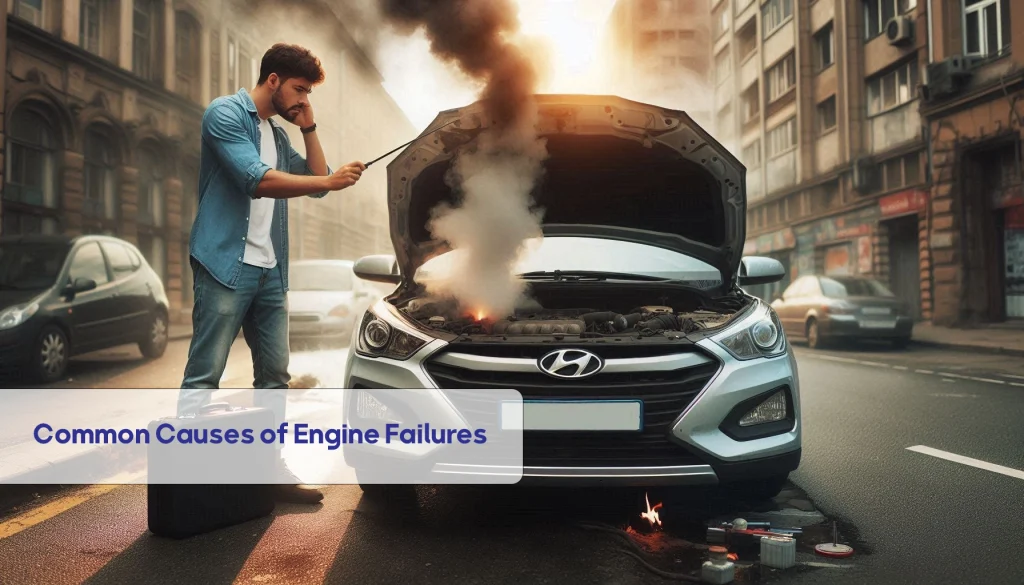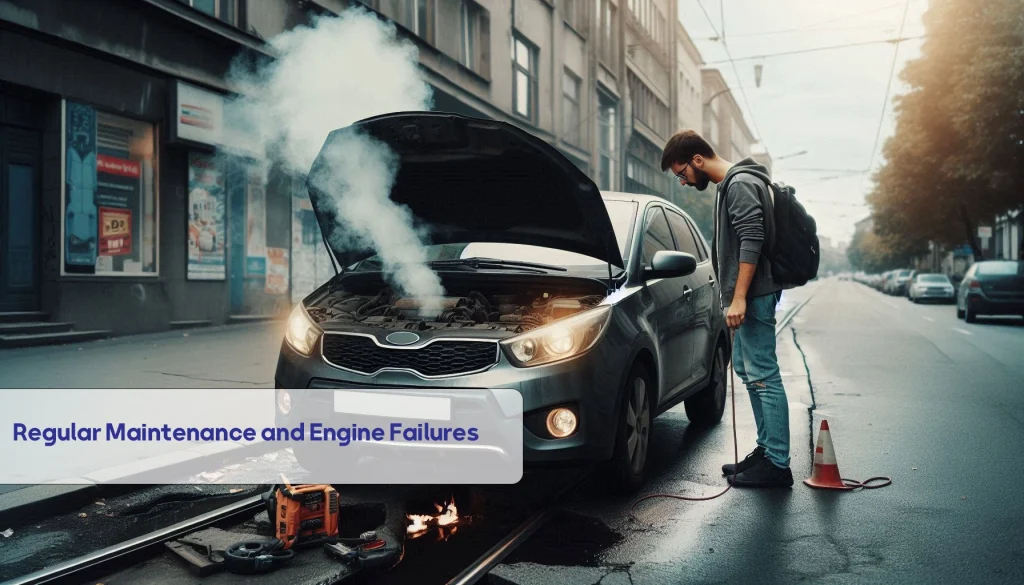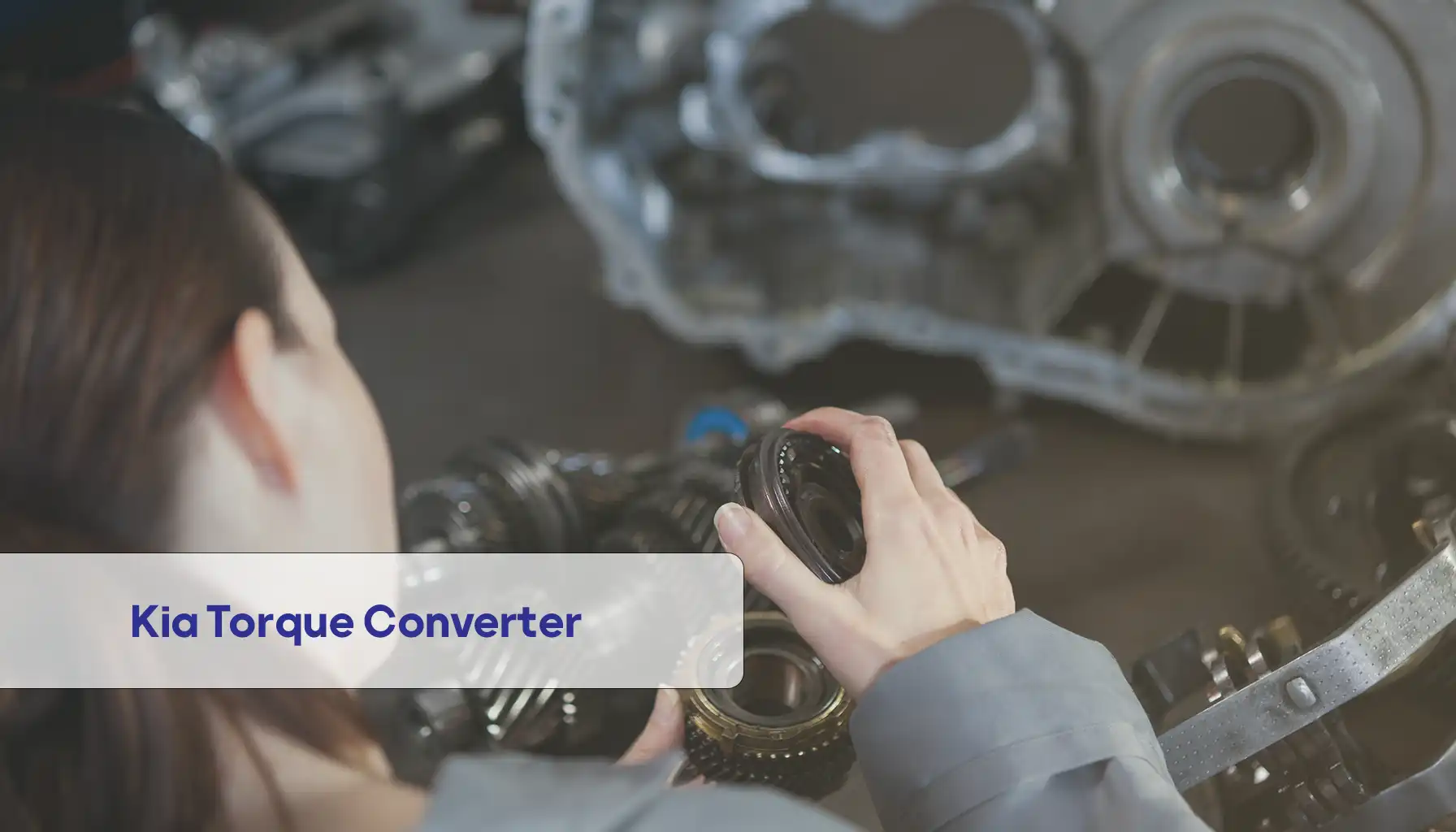Whether you are a seasoned car enthusiast or a new owner, it pays to be well-informed on the factors that might be the cause of Kia engine trouble or Hyundai engine trouble; So in this article we discuss about the problems, identifications, preventions, and solutions of the vehicles.
Purchasing a car is a significant investment, and much is needed to ensure it serves for long. This includes familiarization with its servicing schedules and potential weaknesses. One of the most sensitive areas in relation to car ownership involves taking good care of the engine since it impacts the vehicle’s performance, dependability, and durability.
This is particularly true for owners of Hyundais and Kias, both of which have been under siege lately due to some specific issues related to their engines. This shall empower you to take preventive measures that will save you from unexpected breakdowns and related costly repairs with the resultant stress from engine failure.
Common Problems That Cause Engine Failures in Hyundai and Kia Vehicles
This in-depth look explores common problems that cause failures in Hyundai and Kia vehicle engines. It teaches one about the early symptoms of failures, the understanding of the root cause of failures, and how a proactive maintenance routine can be put in place.
Following the best practices outlined in this publication will vastly improve your vehicle’s performance, reliability, and overall life. Additional education on the recalls and service bulletins will provide added protection, giving one peace of mind that comes with knowing one is doing everything necessary to keep his vehicle running at its best. After all, it gives a resource of information for Hyundai and Kia owners not to fall into such a trap of having an engine failure and get full value for their automotive investment.

Knowing the reasons behind Hyundai and Kia Engine Trouble and failures in automotive maintenance allows a car owner to increase the life and reliability of the vehicle. It is especially applicable for Hyundai and Kia owners, who over the past years have had certain engine-related concerns with their vehicles.
By knowing the most prevalent causes of these failures, vehicle owners can become more proactive with their car maintenance and therefore be better prepared to handle service needs for their vehicles, while at the same time being better informed when buying or servicing these cars.
Common Signs of Hyundai, Kia Engine Trouble
The journey towards preventing any engine failure is always marked with keen awareness of the symptoms most of the time preceding more serious issues.
It is in recognizing such an early sign that timely intervention could be possible, hence evading expensive repairs or total engine failure. The most telling indicators are definitely in the dashboard warning lights and more specifically, the check engine light.

While it may be considered a nuisance, it is actually an important warning for other serious engine problems. Other than the light, abnormal noises from the engine should not be ignored either.
Knocking, ticking, and grinding sounds usually indicate some kind of mechanical problem, which may develop into more serious damage if not addressed in time.
Also, a marked drop in the car’s performance, whether in the loss of power, acceleration, or even rough idling, is a warning signal. Another subtle but major symptom is excessive oil consumption, as this can only be a hint of internal leakage and other complications that could be accruing in the inner workings of the engine.
The Role of Regular Inspections in Preventing Failure to the Engine
One has to be very friendly with the performance of one’s vehicle and has to check it regularly. Vigilance of this nature may grab some issues at the introductory stage and thereby pave ways for prevention before they snowballed into major ones.
Symptoms of Engine Failures and Troubles in Hyundai and Kia
Once the symptoms are recognized, it becomes crucial to understand the exact causes that make these failures real mainly in the Hyundai and Kia.
Some of the major causes of failure include defective parts of the engine. Major parts, like defective connecting rods, crankshafts, or pistons, can make the engine come to a sudden and complete stop.
Since these parts are in the core functioning of the engine Troubles in Hyundai and Kia vehicles, malfunction will likely cause irreparable damage to the motor. Another very common cause is oil sludge formation, usually due to insufficient replacement or oil changes.
Over time, old oil could degrade into sludge, which would clog your engine and create a myriad of cooling and lubrication issues.

These issues can cause overheating and eventual failure of the engine. What’s more, certain Hyundai and Kia models reportedly have manufacturing defects, making them more susceptible to engine failure.
Most of the flaws are normally those associated with the design or the production process, which may result in unwanted premature wear or unexpected breakdowns.
High milage is yet another factor that contributes to it, as any engine driven for a considerably long period of time is sure to be burdened by wear.
Why Regular Maintenance is Required for Long Lasting Engine Life?
It is in this regard that regular maintenance plays a very big role in mitigating these risks. Lack of basic maintenance like oil changes can only make the existing problems worse by fast-tracking the deterioration of the engine.
Following up with the recommended service schedule by the manufacturer is not an option or suggestion but a requirement if you want to keep your engine in good condition.

How to Prolong Your Engine’s Life: Key Maintenance Tips
With a strong regard for the need to keep your vehicle in the best possible condition, ensuring a long life for its engine must begin with a regular maintenance culture.
One of the basics in this culture is the regular change of oil. The recommended interval and the right type of oil will do much toward keeping the engine in good shape.
Regular oil changes will prevent sludge buildup and allow for proper lubrication and cooling of the engine. Other than changing oil, it is equally important to check on other fluid levels, including coolant and transmission fluid. These fluids, too, are essential to run the engine and must be maintained at optimal levels to prevent overheating or ensure smooth shifting in transmission.
Checking Belts, Hoses, and Filters for Proper Health of the Engine
The other important factor is checking the belts and hoses for any wear and tears or damage. These components may appear inconsequential but are really significant for the running of this machinery called an engine, and a snapped belt or hose may inflict serious damage on your machine.
Replacing them whenever needed will avoid sudden breakdowns. Furthermore, it is the frequent replacement of air and fuel filters that provides the engine with pure air and fuel for its proper operation. If the filters are dirty or clogged, this will dramatically reduce the efficiency of the work process of the motor system while increasing wear.
How Important Is a Maintenance Log for Hyundai and Kia?
In practical application, a maintenance log is extremely useful in keeping up with service intervals and ensuring all proper maintenance has been performed.
This will not only act as a reminder of when maintenance becomes necessary in the future but also give a record of what was done. These are important for both the current performance and potential future resale of the vehicle.
Keeping Current with Recalls and Service Bulletins
In addition to regular maintenance, keeping up with recalls or service bulletins about your model is also quite necessary. Manufacturers frequently issue recalls or service bulletins as soon as they identify defects or other issues that may affect the safety and/or performance of their vehicles.
By taking the initiative to look at manufacturer websites for updates regarding recalls or service notices with your engine type, you could deal with the potential problems before they become big ones.
Also, calling the local dealerships and asking if they know about any issues with your type of vehicle makes a huge difference. It’s often the case that dealers are the first ones to know when it is a larger problem, so they’re also best positioned to advise how to fix it.
Hyundai and Kia Engine Troubleshooting Using Online Communities
With the increasing digital environment, building certain valued online groups or forums of Hyundai and Kia owners today would help in keeping themselves updated on common problems and possible fixes.
These communities often provide information about Hyundai engine trouble, Kia engine trouble, and service bulletins on recalls, along with how people have addressed vehicle maintenance and the type of information which may make all the difference in helping you avoid common mistakes.
Final Thoughts
Giving your car’s engine the best care is not about waiting until something has gone wrong and then seeking a remedy; it is about adopting an attitude of proactive maintenance and being vigilant.
The information contained in this guide underlines the necessity of understanding the particular problems which may happen to appear with Hyundai and Kia engines, together with some practical recommendations on the steps to undertake in order to reduce the risks involved.
If you learn how to recognize some early warning signs, make yourself conscious of common causes for Kia engine trouble and Hyundai engine trouble, and follow the regular maintenance plan, you will be considerably reducing your chances of suffering from engine breakdown.
Also, the greater circle of Hyundai and Kia owners can be kept up with on forums or other websites, which will supply many valuable insights and fairly quick red flags for more pervasive problems. This collective experience, combined with regular consultations of your dealer and following manufacturer recommendations, creates a very strong defense against engine problems.



